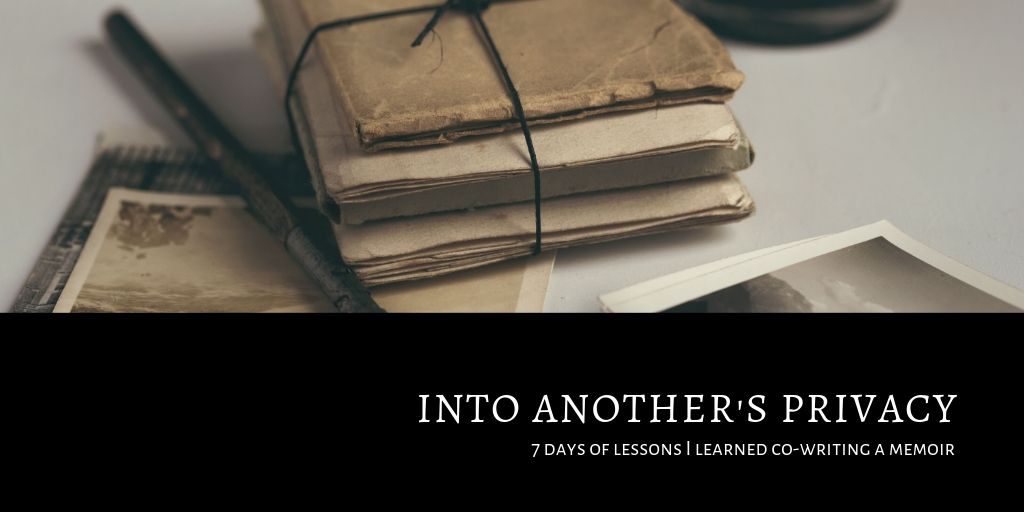
Elie Wiesel was one of the most beloved writers of the 20th century. He wrote more than 40 books in his lifetime, two of them memoirs. His most notable and enduring work, Night—although considered a novel and not a memoir—was an emotionally-charged narrative informed by his time in Auschwitz during World War II.
On memoirs, he said: “I will say, with memoir, you must be honest. You must be truthful.”
Even if that truth comes with unimaginable pain.
There were times during the collaboration of Augustine’s memoir, THE NATURE OF SHADOWS, where seeking truth meant picking at his emotional scars until they bled. Some days I went home and felt so small for pressing him to revisit the pain of his young life.
It was a fire-drill climate, everything done at hyper-speed, every command meant to inspire fear and unearth alternate agendas. The first gauntlet was manned by child soldiers, some as young as seven, barely strong enough to lift their AK-47s. One raised the bayonet portion of his gun and sliced the long, steel blade down against the ligaments of my left wrist.
Blood bloomed instantly—ripe, hot, dripping. Needles of pain telegraphed to my fingertips and up my arm.
“Down on the ground! On your knees! Turn around!” shouted the child.
Pressure mounted behind my eyes. Facial muscles twisted and froze somewhere between terror and full-on bawl. For all the other times at the hand of my abusers that I had wanted to die, in this moment, a moment closer than I had ever been to the eternal rest of my mother, I chose life.
Experience had taught me that the younger the rebel, the more volatile the situation. Not only were child soldiers inexperienced with their weapons, but they were also eager to prove themselves and assert power. Experience had also taught me that compliance was the path of least resistance. Tell them what they want to hear and maybe you got to keep your heartbeat.
This time, I defied orders.
--THE NATURE OF SHADOWS
Without truth, there can be no understanding. As a child, Augustine may not have had power when he had to pass through rebel checkpoints on the Waterside Bridge to obtain food, but his truth carries immense power now. He is a voice for those in his life who were silenced. He is open with his scars so that we can find inspiration in darkness and is equally generous with his humor so that we internalize our shared humanity. To say he is brave with his vulnerability is an understatement.
And if he can be fearless with his writing, so can I.
Day three: The Scaffolding of a Life
[…] Day two: Truth. […]